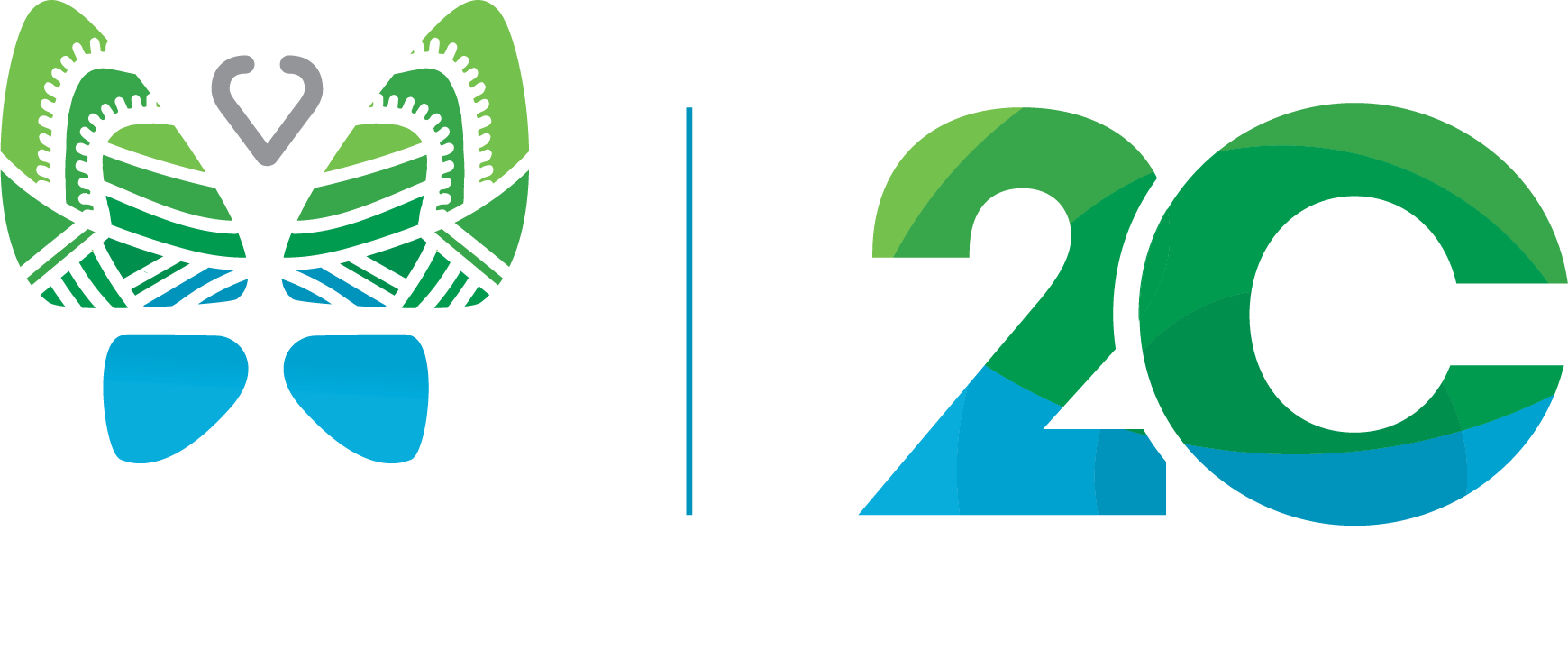Education
Education is the key to PNG’s future. Investing in a strong, confident and empowered generation of teachers, quality school infrastructure and rich and supported learning environments for children in remote and rural PNG is the focus of our work in education. KTF believes that everyone has a right to inclusive, equitable and quality education. This is why KTF is investing in projects that are directly contributing to achieving the United Nations’ Sustainable Development Goals.
Flexible Open Distance Education (FODE) Program
Our flagship education initiative, the FODE program, offers young adults, who have been cut off from traditional education opportunities, a second chance to reconnect with formal schooling and matriculate from Grade 12.
Light for Learning
Our Light for Learning project aims to improve lives, livelihoods and futures by providing students and communities in remote Oro and Western provinces with a reliable source of clean solar lighting and power. It’s an ambitious project that will install 7,416 solar units to households in remote villages in Western and Oro Provinces throughout 2021 and 2022.
Western Province Schools Initiative
Taking a holistic approach to improving education in the remote Middle Fly region and Morehead in South Fly, the Western E-learning & Teacher In-service project makes targeted investments in quality and critical classroom resources, technology and power, teacher training and development, and one-on-one coaching supports 36 elementary and primary schools throughout the Balimo catchment.
Teach for Tomorrow, Early Years
Is the next in our series of professional development modules for teachers, working alongside educators from Provincial Departments of Education to develop a framework for Early Childhood Education for their province, and a development pathway for elementary teachers to specialise in educating the youngest of PNG’s minds at their most critical time of development.
Teach for Tomorrow
Our Teach for Tomorrow project trained thousands of elementary teachers across remote and rural PNG. We have trained 3,685 elementary teachers from 14 Provinces, keeping over 136,000 children in school. These teachers are the cornerstone of the rural elementary schooling system in PNG and support the learning of children during their most critical years.
Light Up PNG
Our partnership with Australian charity, SolarBuddy, supports the distribution of thousands of solar lights to children across PNG. 6.3 million Papua New Guineans live without access to the electricity grid. The gift of solar light, provided by children and organisations in Australia and around the world, increase student study and learning time after dark, make people, especially women and girls, safer in their villages, and reduce reliance on expensive and toxic kerosene and dangerous campfires.
Teach for Tomorrow II
Teach for Tomorrow II provides ongoing mentoring, upskilling and training for thousands of elementary teachers across rural PNG. Working in some of the country’s most remote corners, often in sole-teacher schools across multiple grade levels, this project provides vital support for PNG’s unsung heroes and applies a Train the Trainer model, working with provincial education partners.
Village Connect
Our Village Connect project was the Phase 1 precursor to Light for Learning. The project supported the installation and training of women and men in household solar lighting and energy systems that illuminate entire homes. Improving PNG’s solar infrastructure benefits education, income generation, the environment and health outcomes for local people. The project illuminated one village at a time, enhancing livelihoods opportunities for local communities. Training in installation and maintenance is key to the ongoing sustainability of the solar infrastructure.
PNG Schools
Our PNG Schools Project supports the operations of 50 elementary and primary schools in remote Oro and Central Provinces - across the corridor of the Kokoda Track. This support involves the posting and salaries of teachers, classroom infrastructure, solar lighting, energy, clean water and sanitation, and an ongoing supply of high quality educational resources.










